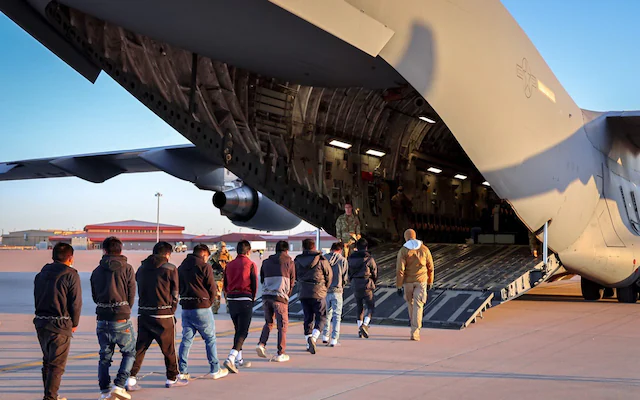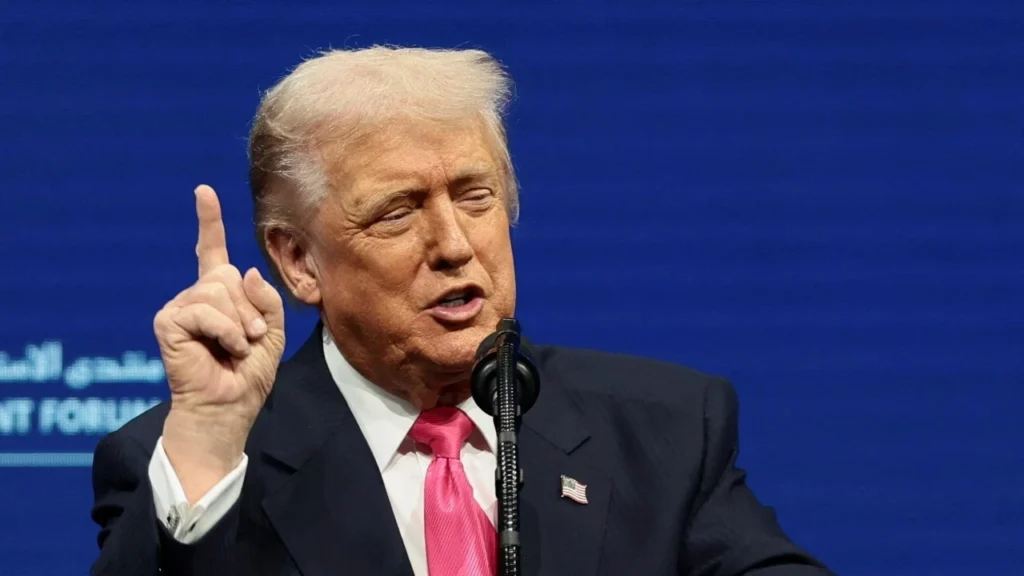
Rwanda received its first group of deportees from the United States on Thursday, marking a new chapter in controversial migration agreements.
Seven vetted migrants arrived in mid-August, with three expressing the desire to return home and four opting to settle permanently in Rwanda.
Authorities did not disclose the deportees’ nationalities but confirmed they are being supported by social services and the International Organisation on Migration.
The Rwandan government announced it could accept up to 250 migrants under the deal, vetting each individual before resettlement.
Those arriving will receive accommodation, healthcare, and training, reflecting Kigali’s effort to integrate migrants into local communities.
The agreement echoes a 2022 deal with Britain, later scrapped amid a governmental change, highlighting Rwanda’s willingness to host third-country deportees.
A government spokesperson said Rwanda sympathises with displacement, noting most families have experienced the hardships of losing home and livelihood.
Critics warn the deal is financially and politically motivated, linking Rwanda’s acceptance of deportees to influence in Democratic Republic of Congo peace talks.
The DRC negotiations, involving the Rwanda-backed M23 militia, resumed this week in Qatar to monitor ceasefires and exchange detainees.
The Trump administration has promoted third-country deportations as necessary when migrants’ home nations refuse to accept them.
Rights experts caution such arrangements risk international law violations, potentially sending individuals to countries where they face abuse or torture.
Past U.S. deportations have targeted convicted criminals and vulnerable migrants sent to South Sudan, Eswatini, and El Salvador.
Rwanda, home to 13 million in Africa’s Great Lakes region, is praised for stability and modern infrastructure, yet its human rights record remains under scrutiny.
President Paul Kagame’s government faces criticism over press suppression, political dissent crackdowns, and controversial migration agreements with foreign nations.




